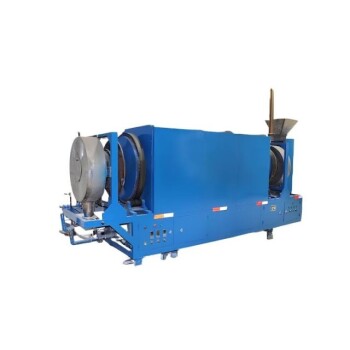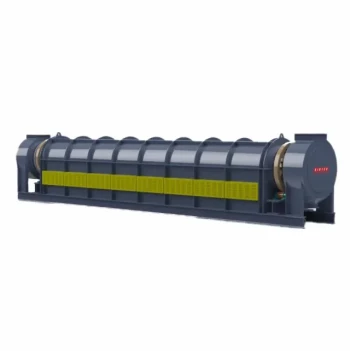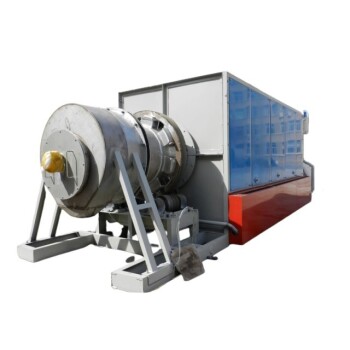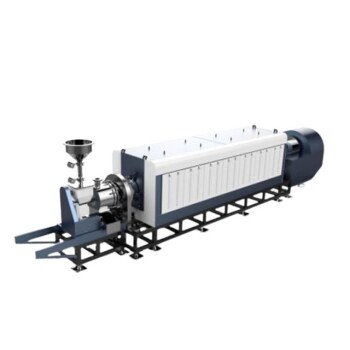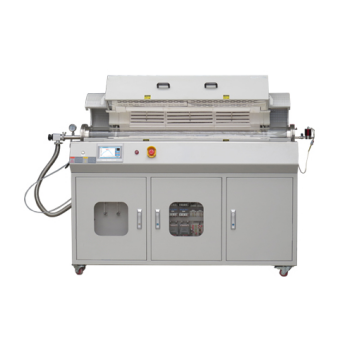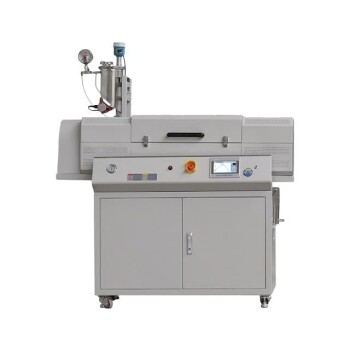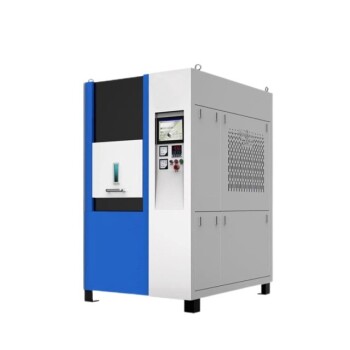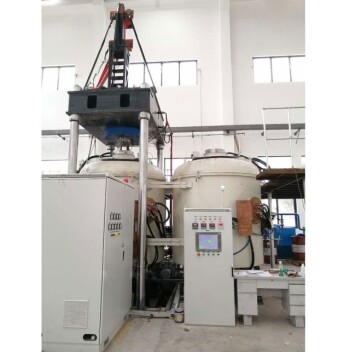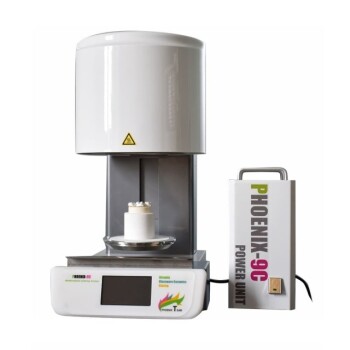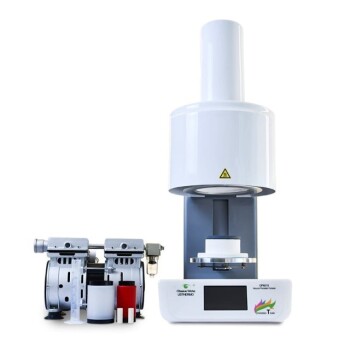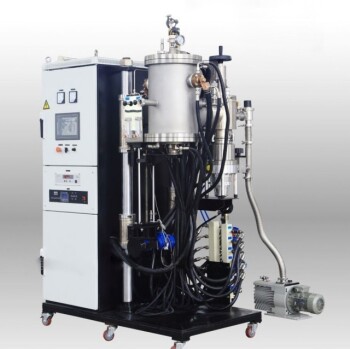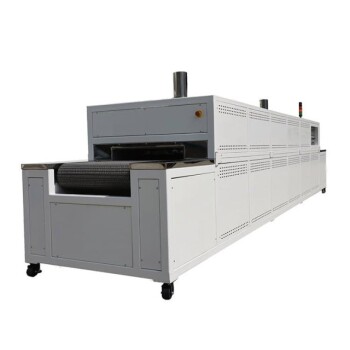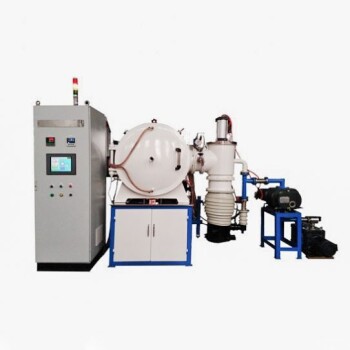In short, rotary kilns process an incredibly diverse range of materials, from raw industrial minerals like limestone and bauxite to highly specialized chemicals and waste products. The most common applications involve thermal processing for materials such as cement clinker, alumina, active lime, lithium battery chemicals, catalysts, and various ores. This versatility makes them a cornerstone technology in many heavy industrial sectors.
A rotary kiln's value isn't just in heating a material, but in its ability to continuously tumble, mix, and move that material through a controlled thermal environment. This unique combination allows it to handle everything from fine powders to wet sludges and execute a wide variety of chemical and physical transformations.
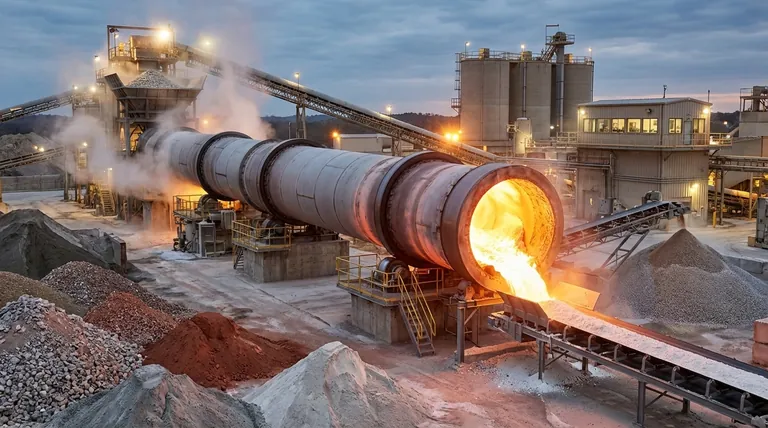
The Principles Driving Material Selection
A rotary kiln is fundamentally a tool for inducing change through heat. Understanding the core processes a kiln can perform is the key to understanding why certain materials are used.
The Power of Continuous Agitation
The defining feature of a rotary kiln is its slow rotation. This constant tumbling ensures uniform heat transfer by continuously exposing new surfaces of the material to the heat source.
This agitation is also critical for handling a wide variety of material forms that would be impossible to process in a static furnace, including powders, granulates, green bodies, suspensions, and even wet slurries.
A Spectrum of Thermal Processes
Rotary kilns are not just ovens; they are dynamic reactors that facilitate specific chemical and physical changes.
- Calcination: Heating a solid to a high temperature to cause thermal decomposition, phase transition, or the removal of a volatile fraction. This is the core process for making cement clinker from limestone and lime from limestone.
- Sintering/Induration: Heating fine particles until they begin to fuse together into a solid, porous mass without fully melting. This is used to create lightweight aggregate and roofing granules.
- Roasting/Reduction: A metallurgical process involving gas-solid reactions at high temperatures. This is used for processing iron ore, chrome ore, and recovering precious metals.
- Drying: The simple removal of water or other liquids from a solid. Kilns are often used for drying materials like kaolin clay and various industrial sludges.
- Thermal Desorption/Incineration: Using heat to either volatilize contaminants from a solid (like soil remediation) or to completely destroy organic matter (waste incineration and processing plastic waste).
A Breakdown of Common Material Categories
The long list of materials processed in rotary kilns can be grouped into several logical categories based on their industry and the goal of the thermal process.
Industrial Minerals and Ores
This is the largest and most traditional category. The goal is typically to extract a valuable component or create a primary industrial commodity.
- Cement, Lime, and Dolomite: Calcination is used to produce cement clinker, active lime, and lightly burned dolomite.
- Alumina and Bauxite: Calcination of aluminum hydroxide produces alumina, the primary feedstock for aluminum production.
- Ores: Kilns are used for roasting or reducing phosphate ore, lithium ore, iron ore, and zinc oxide to prepare them for further processing.
- Sands and Clays: Used to produce proppants for hydraulic fracturing, expanded clay aggregate, and to process materials like diatomaceous earth and quartz sand.
Specialty Chemicals and Catalysts
Here, the focus is on creating materials with specific, high-value chemical or physical properties under tightly controlled conditions.
- Battery Materials: Kilns are essential for producing lithium iron phosphate (LFP) and other cathode/anode materials, as well as for recycling spent batteries.
- Catalysts: Used for activating catalysts or regenerating spent ones by burning off coke and contaminants.
- Pigments and Adsorbents: Kilns are used to create titanium dioxide (a white pigment) and activated carbon through controlled heating.
Waste and Recycling Streams
Rotary kilns are robust tools for managing difficult waste streams, either through destruction or resource recovery.
- Waste Incineration: The high temperatures and long residence times are ideal for the complete combustion of hazardous and non-hazardous wastes, including plastic waste and waste lime sludge.
- E-Waste and Metals Recovery: Kilns can be used to burn away plastics and other low-value materials to concentrate and recover precious metals from electronic waste.
- Soil Remediation: Thermal desorption is used to heat contaminated soil to drive off volatile organic compounds (VOCs) for capture and treatment.
Understanding the Trade-offs and Design
While incredibly versatile, a rotary kiln is not a one-size-fits-all solution. The choice of material has profound implications for the kiln's design and operation.
Material Properties Dictate Kiln Construction
The physical and chemical nature of the process material dictates the kiln's own material of construction.
- Abrasiveness: Highly abrasive materials like bauxite or proppants require the kiln shell to be made of, or lined with, abrasion-resistant (AR) steel to prevent rapid wear.
- Corrosiveness: Processing materials that release corrosive gases (like sulfur or chlorides) necessitates the use of stainless steel or other specialty alloys.
- Temperature: Standard carbon steel is sufficient for lower-temperature applications, but high-temperature processes require more exotic alloys and advanced refractory linings.
Direct vs. Indirect Firing
The sensitivity of the material to the heating environment is a critical factor.
- Direct-Fired Kilns: Combustion gases from the burner mix directly with the process material. This is efficient and common for robust materials like cement and lime.
- Indirect-Fired Kilns: The kiln shell is heated from the outside, and the heat radiates inward. This protects sensitive materials like specialty chemicals, catalysts, and battery materials from contamination and allows for processing in a controlled atmosphere.
Making the Right Choice for Your Goal
The suitability of a rotary kiln is defined entirely by the desired transformation of your target material.
- If your primary focus is raw mineral conversion: Your process will likely involve direct-fired calcination or roasting to produce a bulk commodity like cement or alumina.
- If your primary focus is creating high-value chemicals: You will require the precise atmospheric and temperature control of an indirect-fired kiln to ensure product purity.
- If your primary focus is waste treatment or resource recovery: Your main concern will be robust kiln design for high-temperature incineration or thermal desorption to handle potentially variable and challenging feedstocks.
Ultimately, understanding the fundamental thermal process you need to perform is the first step in determining if a rotary kiln is the right technology for your material.
Summary Table:
| Material Category | Common Examples | Key Processes |
|---|---|---|
| Industrial Minerals & Ores | Limestone, Bauxite, Iron Ore | Calcination, Roasting, Reduction |
| Specialty Chemicals & Catalysts | LFP Battery Materials, Titanium Dioxide | Controlled Heating, Activation |
| Waste & Recycling Streams | Plastic Waste, E-Waste, Contaminated Soil | Incineration, Thermal Desorption |
Ready to optimize your thermal processing with a custom rotary kiln solution? Leveraging exceptional R&D and in-house manufacturing, KINTEK provides diverse laboratories with advanced high-temperature furnace solutions. Our product line, including Muffle, Tube, Rotary Furnaces, Vacuum & Atmosphere Furnaces, and CVD/PECVD Systems, is complemented by our strong deep customization capability to precisely meet unique experimental requirements. Whether you're processing industrial minerals, specialty chemicals, or waste streams, we can design a system tailored to your needs. Contact us today to discuss how we can enhance your efficiency and results!
Visual Guide
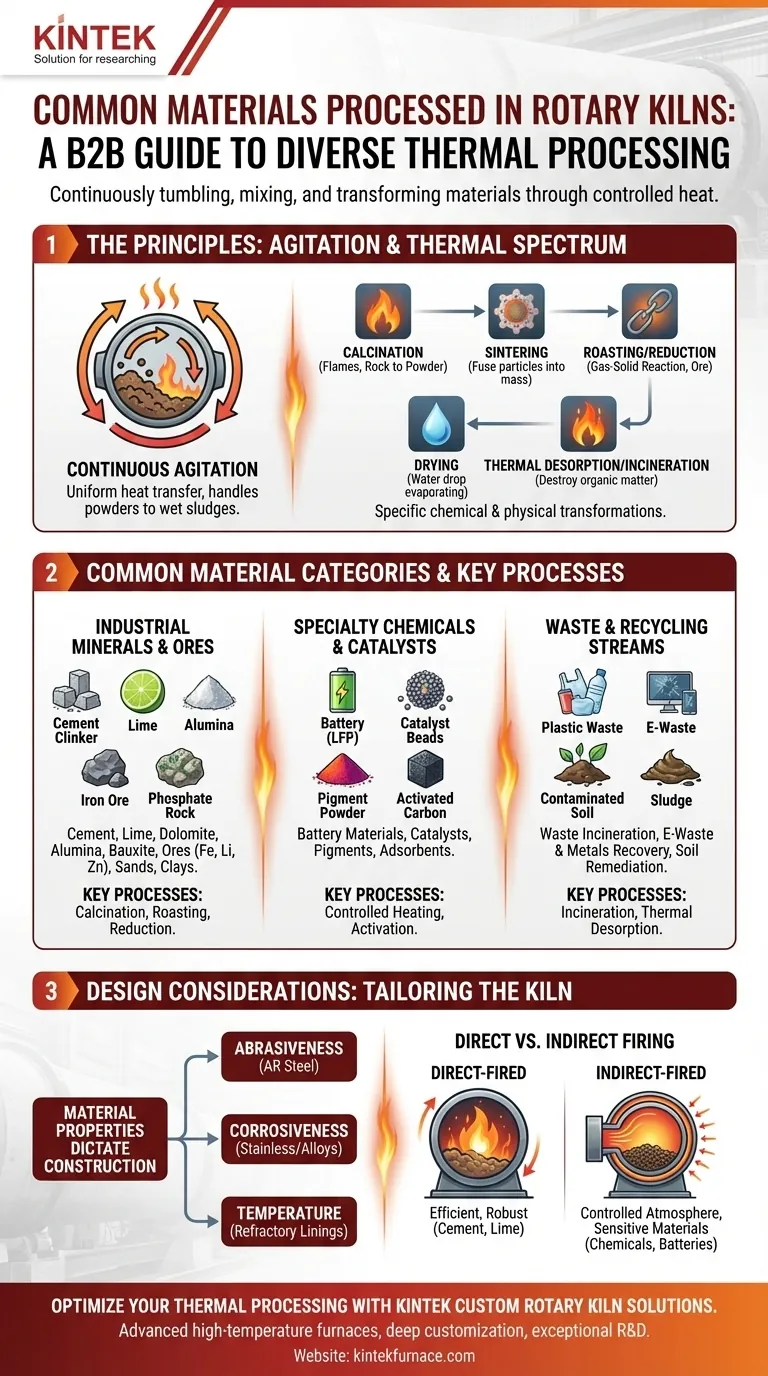
Related Products
- Electric Rotary Kiln Continuous Working Small Rotary Furnace Kiln for Pyrolysis Plant Heating
- Vacuum Sealed Continuous Working Rotary Tube Furnace Rotating Tube Furnace
- Electric Rotary Kiln Pyrolysis Furnace Plant Machine Small Rotary Kiln Calciner
- Electric Rotary Kiln Small Rotary Furnace for Activated Carbon Regeneration
- Electric Rotary Kiln Small Rotary Furnace Biomass Pyrolysis Plant Rotating Furnace
People Also Ask
- How does automated control in electric rotary kilns benefit industrial processes? Achieve Unmatched Precision & Efficiency
- What are the uses of rotary kilns in the building materials industry besides cement clinker? Key Applications Explained
- How does the raw meal move inside the rotary kiln? Master Controlled Flow for Efficient Processing
- What are some drying applications of electromagnetic rotary kilns? Discover Efficient, Precise Drying Solutions
- What is an electric heating rotary kiln and what industries use it? Discover Precision Heating for High-Purity Materials
